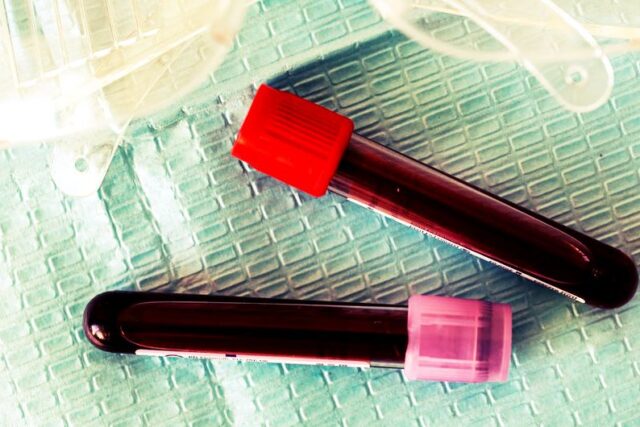In recent news, a rare blood group called EMM-negative has been discovered in a man from Rajkot, Gujarat. This rare blood type is found in less than 1% of the world’s population and is considered to be a “universal donor” due to its unique properties.
This discovery has created a lot of buzz in the medical community, with doctors and researchers eager to learn more about this rare blood group and its potential applications in the field of transfusion medicine.
In this article, we will take a closer look at what EMM-negative blood is, how it differs from other blood types, and what implications this discovery may have for the future of medicine.
What is EMM-Negative Blood?
EMM-negative blood is a rare blood type that is characterized by the absence of a specific protein called the Emm antigen. This protein is part of the MNS blood group system, which is one of the many blood group systems used to categorize different blood types.
EMM-negative blood is found in less than 1% of the population, making it extremely rare. It is most commonly found in people of African descent, but can also be found in other ethnic groups.
What Makes EMM-Negative Blood Unique?
EMM-negative blood is considered to be a “universal donor” because it can be transfused to people with any blood type. This is due to the fact that EMM-negative blood does not contain the Emm antigen, which is responsible for triggering an immune response in people who receive blood transfusions.
This means that people with EMM-negative blood can donate blood to anyone, regardless of their blood type. This is especially important in emergency situations where there may not be time to determine a patient’s blood type before administering a transfusion.
What Are the Implications of the Discovery of EMM-Negative Blood?
The discovery of EMM-negative blood has many potential implications for the field of transfusion medicine. One of the most significant is the possibility of developing a synthetic blood substitute that does not contain the Emm antigen.
Currently, blood substitutes are made from synthetic materials and do not contain any of the proteins found in human blood. However, these substitutes are not as effective as real blood and can cause adverse reactions in some patients.
If scientists are able to develop a synthetic blood substitute that does not contain the Emm antigen, it could be used as a safe and effective alternative to real blood in emergency situations.
Additionally, the discovery of EMM-negative blood may also lead to new advances in the field of personalized medicine. By identifying people with this rare blood type, doctors may be able to develop personalized treatment plans that take into account their unique physiological characteristics.
Conclusion
In conclusion, the discovery of the EMM-negative blood group in Rajkot is a rare occurrence and has brought the attention of the medical community to this unique condition. While EMM-negative blood is not common, it can cause complications in medical procedures and blood transfusions.
The discovery of this blood group in the Rajkot man highlights the importance of regular blood group testing and emphasizes the need for better awareness of blood groups among the public. The medical community must continue to study this rare blood group to understand its characteristics and develop appropriate protocols for its management.
FAQs
How is blood type determined?
Blood type is determined by the presence or absence of certain proteins on the surface of red blood cells.
Can people with EMM-negative blood receive blood transfusions from anyone?
No, people with EMM-negative blood can only receive blood from other people with EMM-negative blood.
Is EMM-negative blood more valuable than other blood types?
While EMM-negative blood is considered to be a “universal donor,” it is not necessarily more valuable than other blood types. All blood types are important and necessary for medical treatments.
Can people with EMM-negative blood donate blood?
Yes, people with EMM-negative blood can donate blood to anyone, regardless of their blood type.

Lastest Posts
Education
How machine translation is changing the industry: When to use it and when to avoid it?
Health
EEG Analysis: Technology Connecting the Brain to the Future
Marketing
Advancements in Solar Panel Technology: Illuminating the Path to a Sustainable Future
Lifestyle
How to Build a Capsule Wardrobe: Essentials for Every Man
Lifestyle
Women in the Catholic Church: Roles, Recognition, and Calls for Change
Marketing
Experiential Marketing for Brands: Crafting Unforgettable Consumer Connections
Banking & Finance
Understanding the Case-Shiller Home Price Index and Its Multiple Merits